Ask AI on The Internet
Question: (B) Independent Station: The Hero’s Journey What are the attributes of the different types of heroes? How are they similar? How are they different? What are the stages of the Hero’s Journey? Why is each stage important? Create a Hero’s Journey graphic organizer for your favorite movie or book. (C) Historical Background Station: Anglo-Saxon Who Were the Anglo Saxons? What are some of the values that were important to the Anglo Saxon culture? What is the Mead Hall? Why is the Mead Hall important in the Anglo-Saxon culture? (D) Connection Station: Modern Day Hero Connection List 3 characters from TV, Movies, or Books that defend others. Why do these people take this action(selfish or selfless)? Think of your own life. Have you ever taken action to defend the helpless? Why did you choose to take action?
### (B) Independent Station: The Hero’s Journey #### Attributes of Different Types of Heroes: 1. **Classical Hero**: Noble birth, destined for greatness, often possesses superhuman abilities. - Example: King Arthur, Achilles 2. **Everyman Hero**: Everyday characters who rise to greatness through their actions. - Example: Frodo Baggins from "The Lord of the Rings" 3. **Anti-Hero**: Flawed characters who might lack traditional heroic qualities but still accomplish heroic deeds. - Example: Deadpool, Walter White 4. **Tragic Hero**: Noble characters who fall from grace due to a personal flaw or mistake. - Example: Oedipus, Macbeth 5. **Epic Hero**: Embarks on long, dangerous adventures and interacts with gods or other creatures. - Example: Odysseus from "The Odyssey" 6. **Modern Hero**: Reflects contemporary issues, often complex with moral ambiguities. - Example: Harry Potter, Katniss Everdeen #### Similarities: - Each type of hero undergoes personal growth. - They often face significant challenges or adversities. - They typically possess some virtues or redeeming qualities that make them likable or relatable. #### Differences: - Source of their heroism (divine heritage vs. simple origins). - Presence or absence of flaws (flawless vs. deeply flawed). - Nature of their journey (physical vs. psychological). #### Stages of the Hero’s Journey: 1. **The Ordinary World**: The hero’s normal life before the adventure begins. 2. **The Call to Adventure**: The hero is presented with a challenge. 3. **Refusal of the Call**: The hero initially hesitates to take on the challenge. 4. **Meeting with the Mentor**: The hero receives guidance from someone wiser. 5. **Crossing the Threshold**: The hero commits to leaving the ordinary world. 6. **Tests, Allies, and Enemies**: The hero faces challenges and makes allies. 7. **Approach to the Inmost Cave**: The hero prepares for the central ordeal. 8. **The Ordeal**: The hero faces their biggest challenge. 9. **The Reward**: The hero achieves their goal and earns a reward. 10. **The Road Back**: The hero starts the journey back to the ordinary world. 11. **The Resurrection**: The hero faces a final test that resolves the story. 12. **Return with the Elixir**: The hero returns home transformed and shares their newfound wisdom. Each stage signifies crucial developmental steps, building towards the hero's ultimate transformation and triumphant return. **Graphic Organizer for "Harry Potter and the Sorcerer's Stone":** - Ordinary World: Harry lives with the Dursleys. - Call to Adventure: Harry receives his letter to Hogwarts. - Refusal of the Call: Harry is initially confused and hesitant. - Meeting with the Mentor: Hagrid introduces Harry to the wizarding world. - Crossing the Threshold: Harry boards the Hogwarts Express. - Tests, Allies, and Enemies: Friendship with Ron and Hermione, conflict with Draco Malfoy. - Approach to the Inmost Cave: Discovering the truth about the Sorcerer's Stone. - The Ordeal: Facing Voldemort and retrieving the Stone. - The Reward: Harry secures the Stone and returns to the dormitory. - The Road Back: Year-end feast and house cup celebration. - The Resurrection: Facing and defeating Voldemort. - Return with the Elixir: Returning to the Dursleys with new confidence and having friends. ### (C) Historical Background Station: Anglo-Saxon #### Who Were the Anglo-Saxons? The Anglo-Saxons were a group of tribal societies, including the Angles, Saxons, and Jutes, that united to occupy and settle in England from the 5th to the 11th centuries. They significantly influenced the language, culture, and social structure of medieval England. #### Important Values in Anglo-Saxon Culture: 1. **Loyalty**: Strong allegiance to one's lord and comrades. 2. **Bravery**: Valuing heroic deeds in battle. 3. **Honor**: Upholding a reputation of trust and noble behavior. 4. **Generosity**: Sharing wealth and rewards with kin and followers. 5. **Fate (Wyrd)**: Belief in a preordained destiny. #### The Mead Hall: A large hall where the lord and his warriors (thanes) gathered to feast, drink mead (a fermented honey drink), and celebrate. #### Importance of the Mead Hall: - **Social Hub**: Place of social interaction and cohesion. - **Cultural Center**: Scene of storytelling, music, and Anglo-Saxon scops (poets). - **Security**: Provided shelter and protection for the community. - **Symbol of Wealth and Power**: Reflecting the lord’s status and hospitality. ### (D) Connection Station: Modern Day Hero Connection #### Characters from TV, Movies, or Books that Defend Others: 1. **Superman** (Movies/Comics) 2. **Buffy Summers** from "Buffy the Vampire Slayer" (TV Show) 3. **Katniss Everdeen** from "The Hunger Games" (Books/Movies) #### Reasons for Their Actions: 1. **Superman**: Takes action out of a sense of responsibility and selflessness. 2. **Buffy Summers**: Protects others due to her duty as the Slayer, often selflessly. 3. **Katniss Everdeen**: Motivated by love for her family and a sense of justice; initially selfless but evolves complex motives. #### Personal Reflection: Think about a time when you stood up for someone who was vulnerable or being treated unfairly. Reflect on the reasons behind your actions—was it driven by empathy, a sense of justice, or another personal value? This aids in self-awareness and understanding what motivates heroic behavior in everyday life.
Think your answer is better than the AI's? Post it below.
Other Most Relevant Posts:
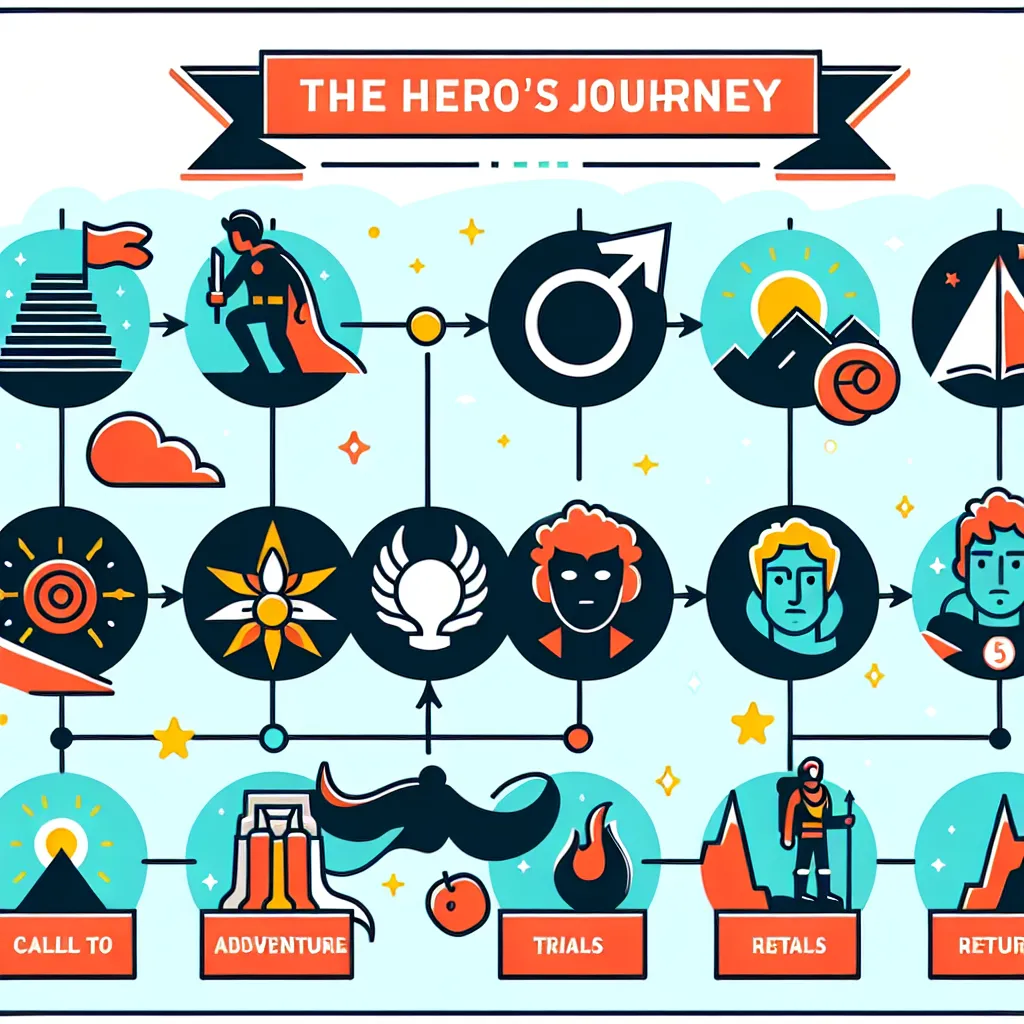 (B) Independent Station: The Hero’s Journey - "The Hero’s Quest: Traits and Stages"
(C) Historical Background Station: Anglo-Saxon - "Anglo-Saxons: Culture and Society"
(D) Connection Station:
(B) Independent Station: The Hero’s Journey - "The Hero’s Quest: Traits and Stages"
(C) Historical Background Station: Anglo-Saxon - "Anglo-Saxons: Culture and Society"
(D) Connection Station:
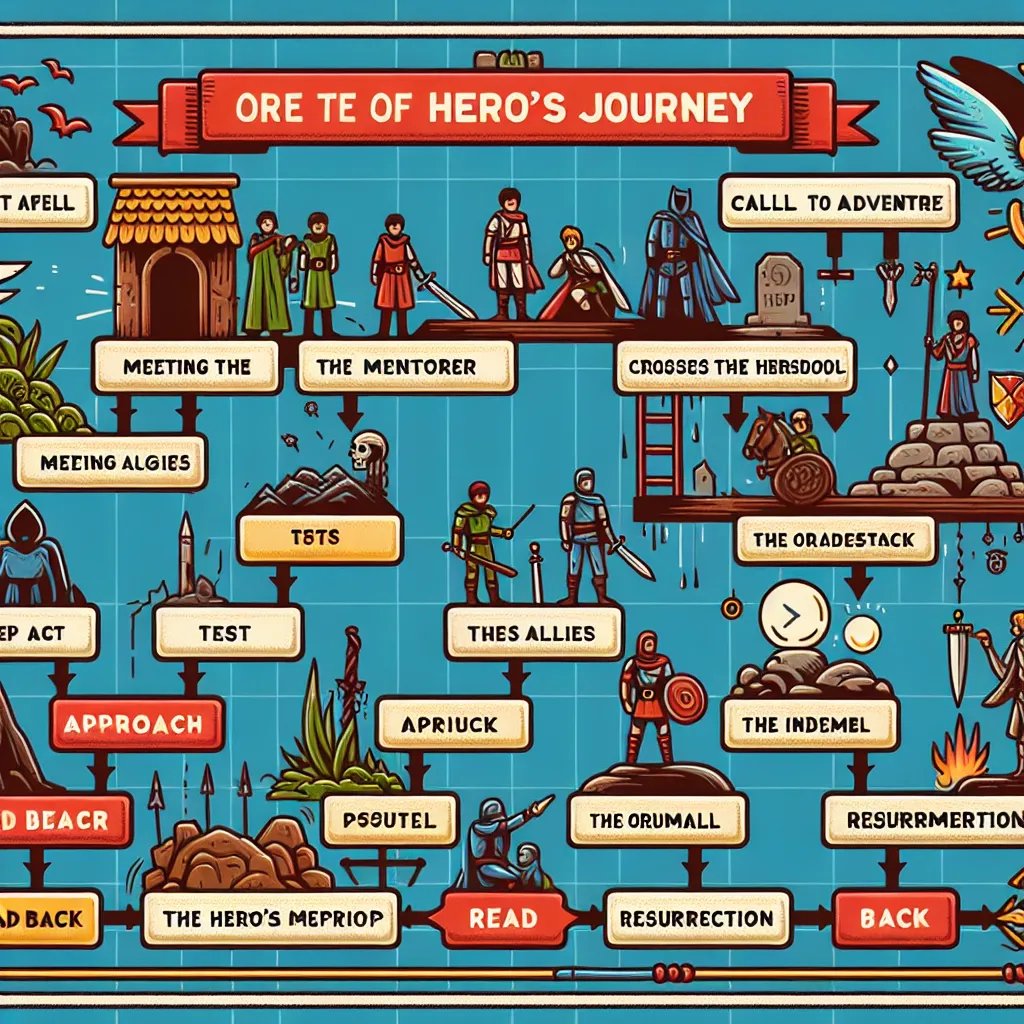 ### Station (B): Heroes Unveiled
### Station (C): Unraveling the Anglo-Saxon Legacy
### Station (D): Defending the Vulnerable: Heroes Among Us
### Station (B): Heroes Unveiled
### Station (C): Unraveling the Anglo-Saxon Legacy
### Station (D): Defending the Vulnerable: Heroes Among Us
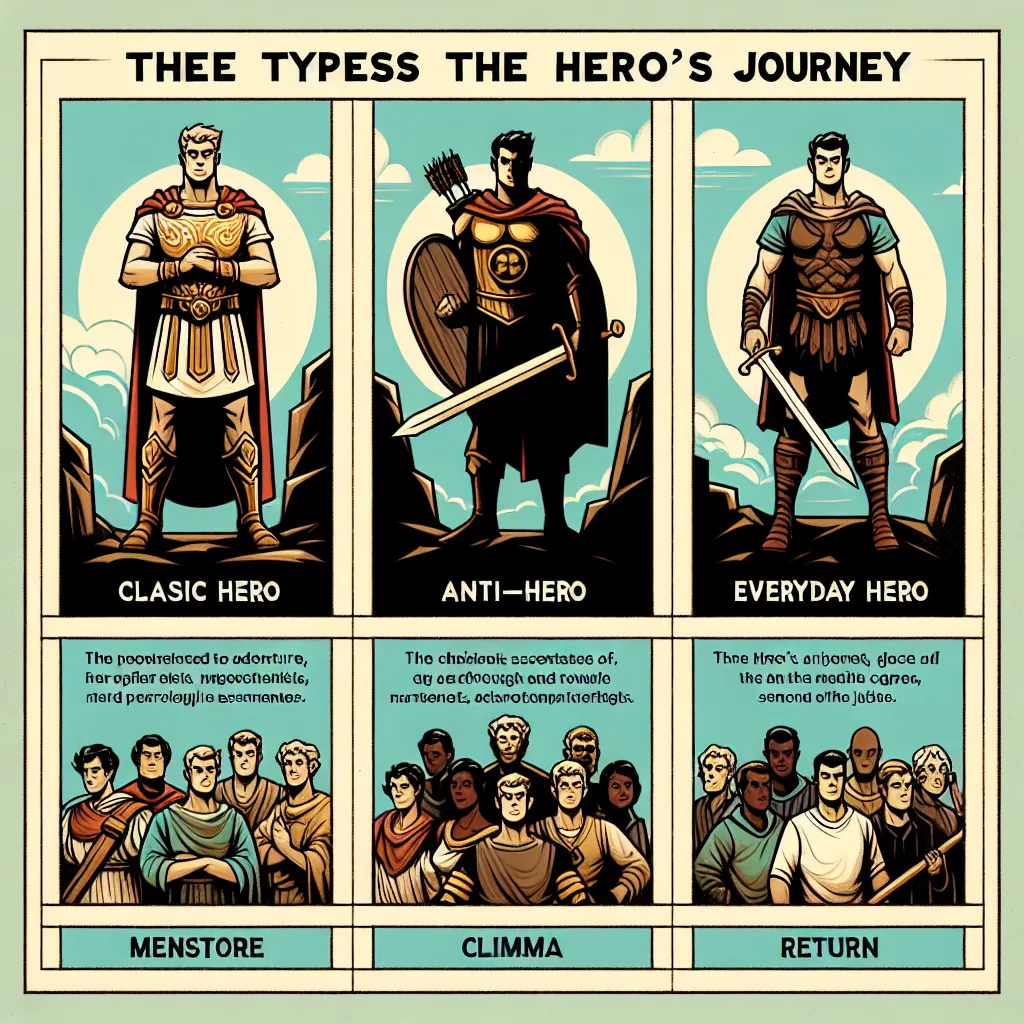 Title for (B): The Journey of Heroes
Title for (C): Uncovering Anglo-Saxon Heritage
Title for (D): Fictional and Real-Life Defenders
Title for (B): The Journey of Heroes
Title for (C): Uncovering Anglo-Saxon Heritage
Title for (D): Fictional and Real-Life Defenders
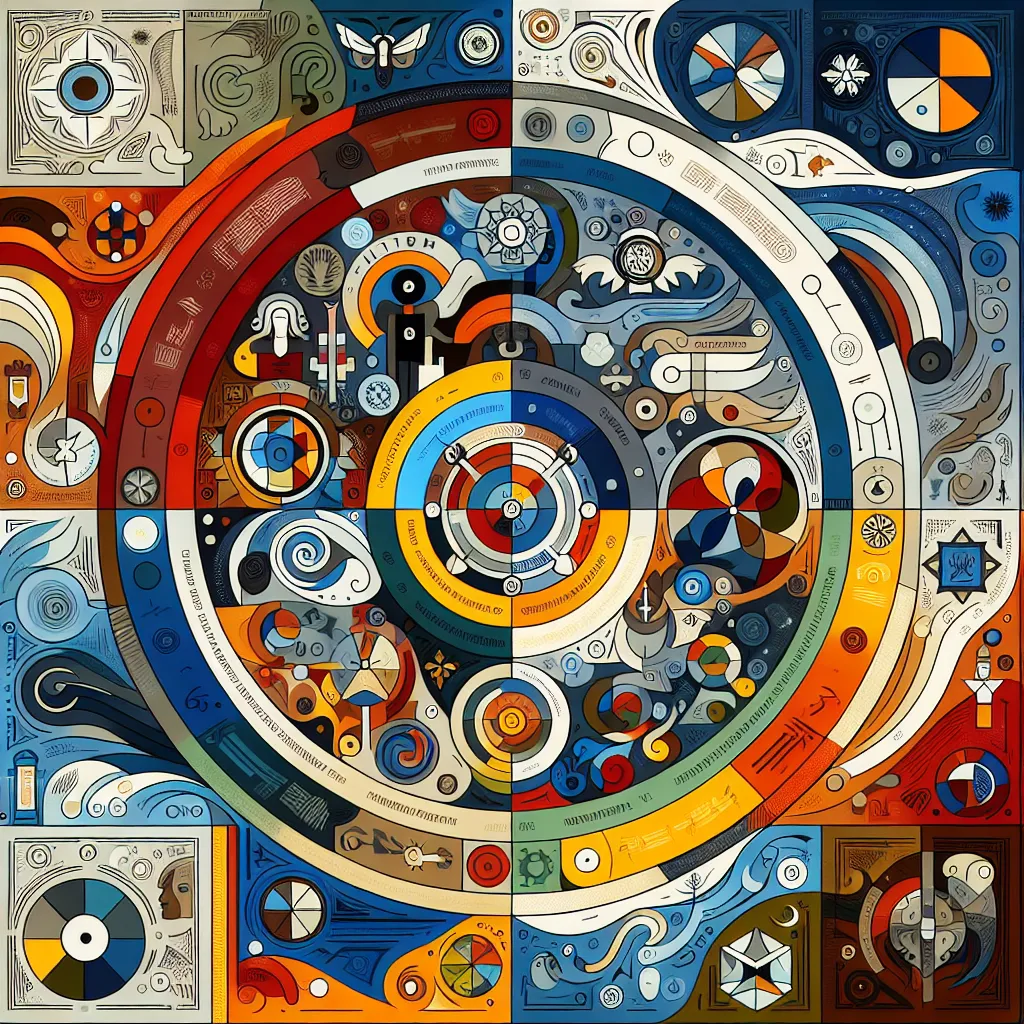 (B) Hero's Journey: Unveiling Paths & Attributes
(C) Anglo-Saxon Insights: Culture, Values & Community
(D) Modern Heroes: Guardians of Today
(B) Hero's Journey: Unveiling Paths & Attributes
(C) Anglo-Saxon Insights: Culture, Values & Community
(D) Modern Heroes: Guardians of Today
Question Tags
If you want your question answered by an AI, click here.
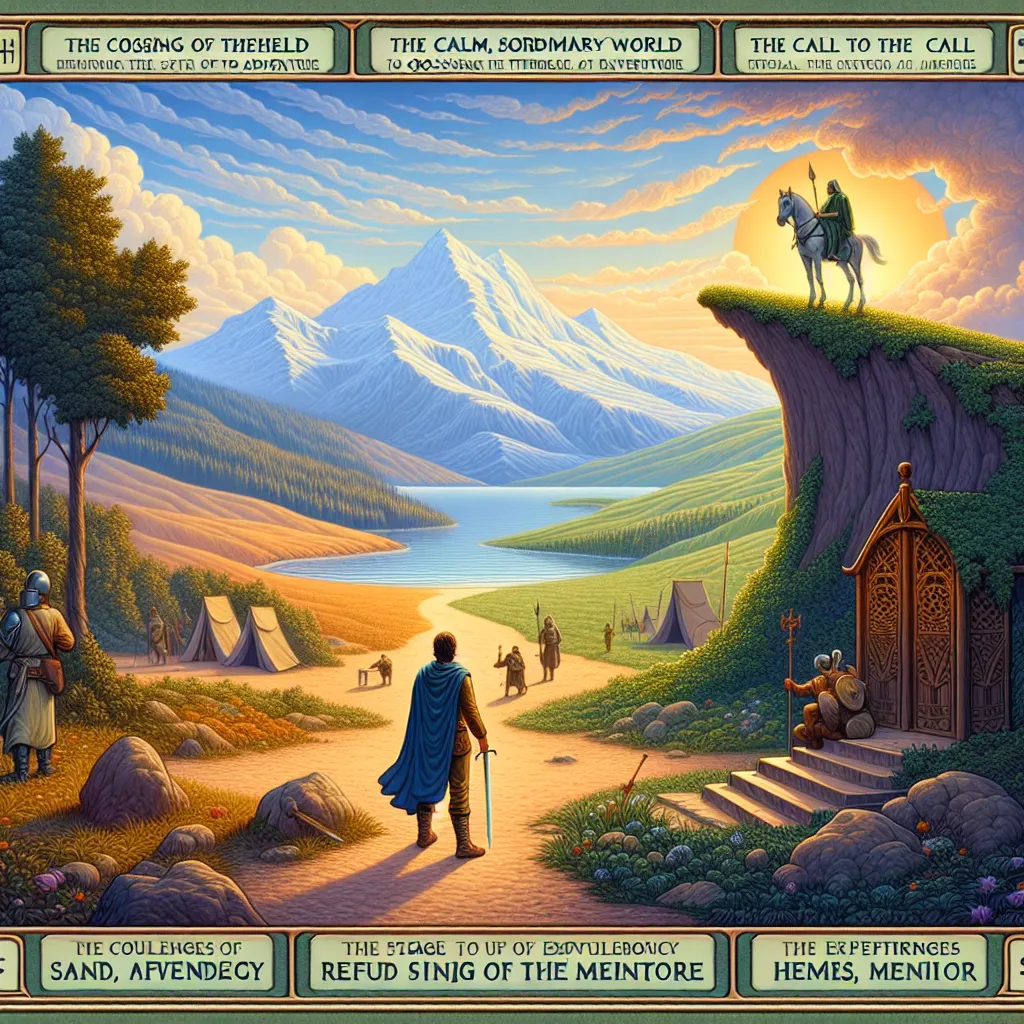
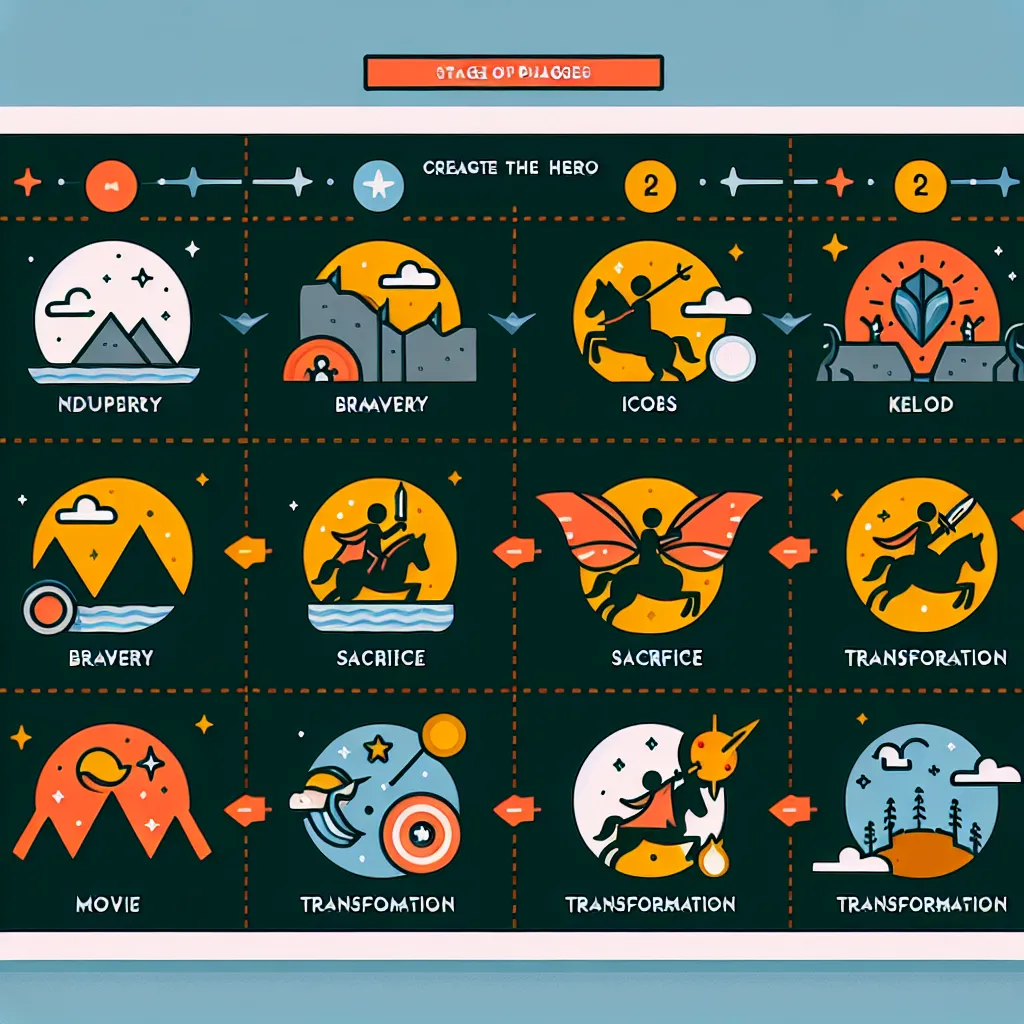
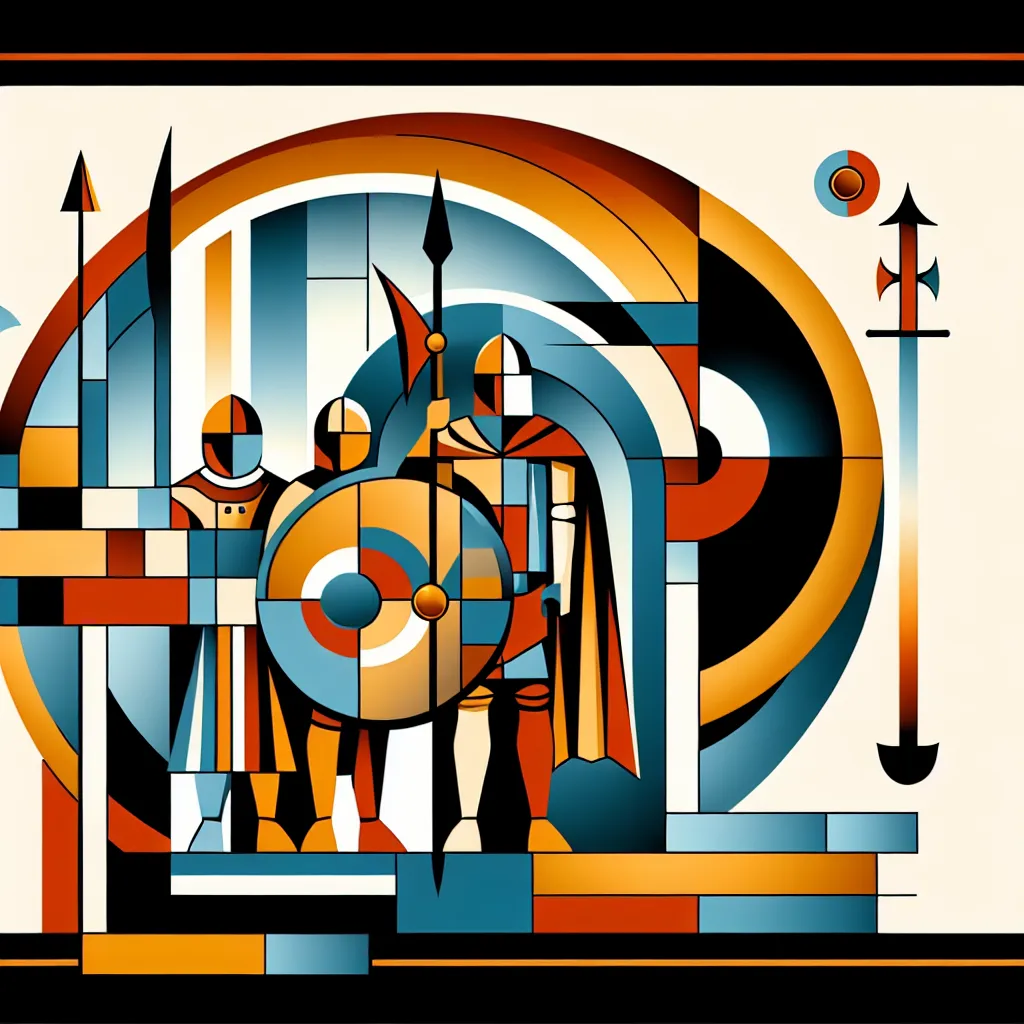
Post your own comment: